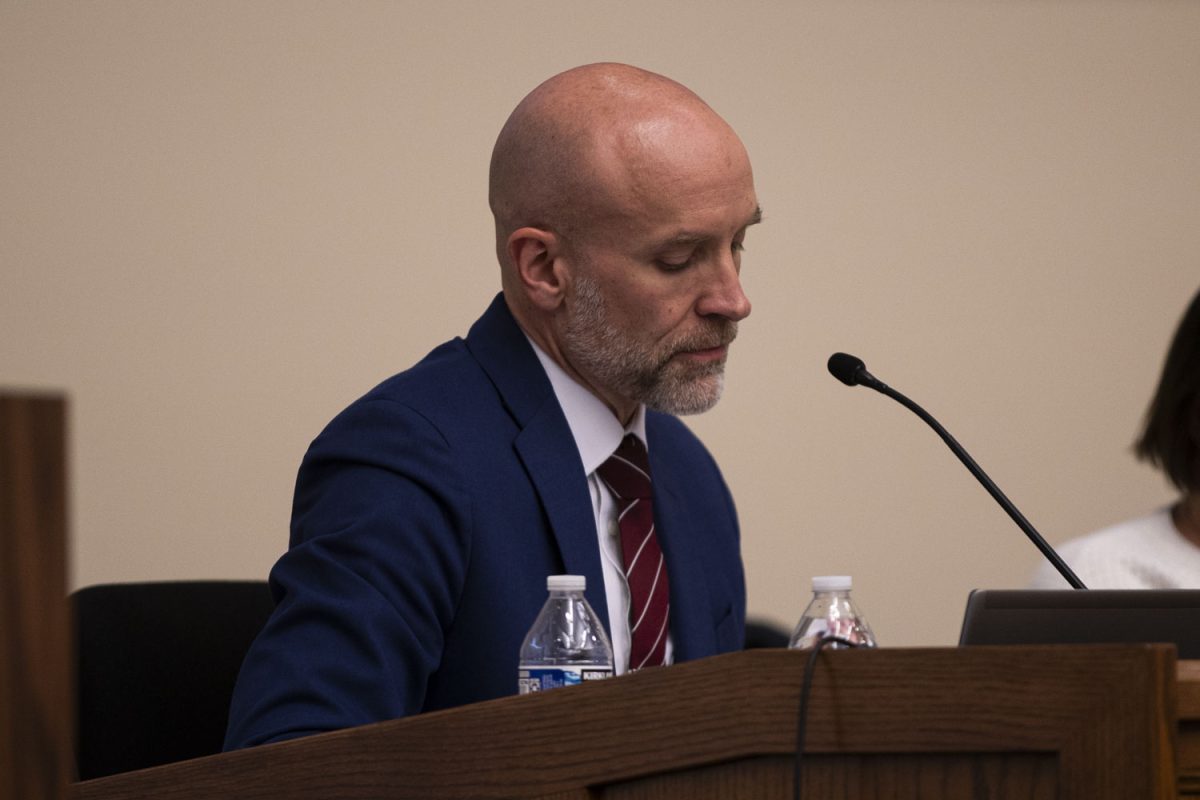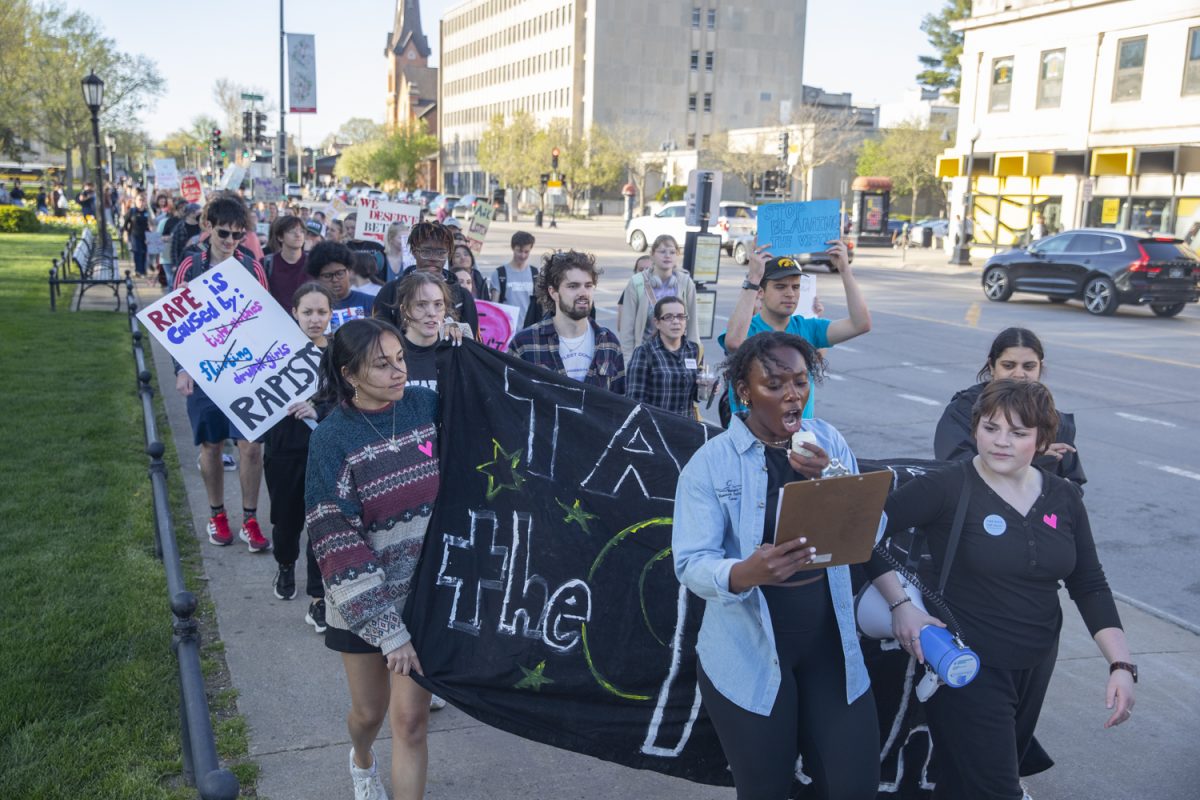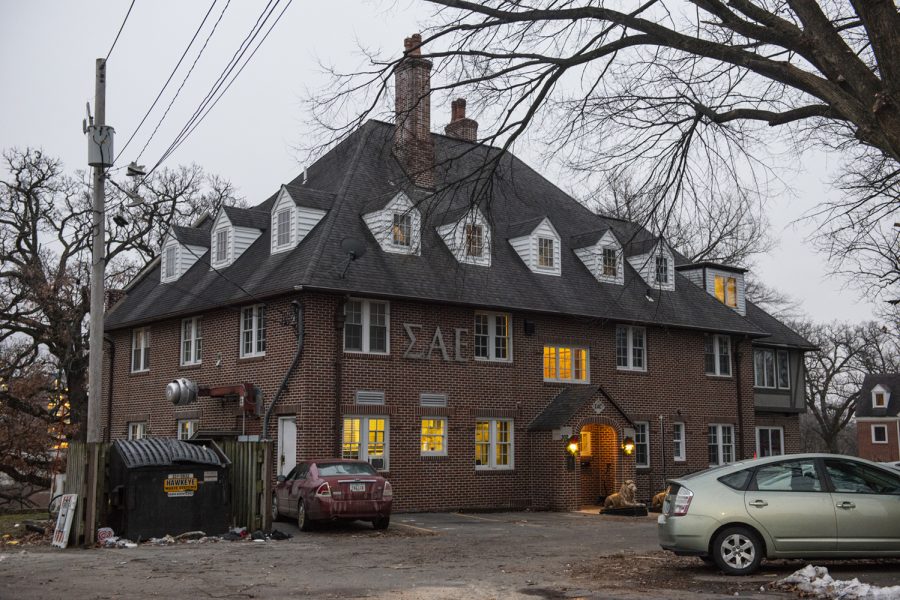CEDAR RAPIDS — The future of the Food, Farm, and Jobs bill is uncertain.
Many state legislators are questioning whether the bill will pass the U.S. House and Senate.
Secretary of Agriculture and former Iowa Gov. Tom Vilsack spoke Monday at Kirkwood Community College in Cedar Rapids about the success of the rural economy and the effect the Farm, Food and Jobs bill could have on the country.
"This bill represents a significant investment, not just in a strong economy but in a strong community," he said.
The bill is focused on helping rural communities through agricultural, social, and environmental programs. The existing agricultural act will expire Sept. 30.
Rep. Dave Jacoby, D-Coralville, said he is optimistic about the bill’s potential.
"I’m a strong proponent of the bill; [former] Gov. Vilsack has a firm understanding of agriculture and the Iowa economy," he said.
The bill would eliminate farm subsidies and exchange them for a private insurance program that would compensate farmers when a yields fall below a five-year average.
Vilsack said the new insurance would expand on the number of crops that qualify, including fruits and vegetables.
The new bill would also focus more on rewarding private industries for conservation efforts.
"The federal government would be priming the pump with conservation," Vilsack said.
Though Sen. Shawn Hamerlinck, R-Dixon, said the bill is all encompassing, he said he doesn’t necessarily think it will have a positive effect.
"The farm bill affects everything from farming to lunch programs," he said. "Until the House comes out with its version [of the bill], we’re still a little bit cautious."
Hamerlinck said the "multi-multimillion-dollar piece of legislation" has the potential to drastically affect the Iowa economy.
University of Iowa economics Associate Professor John Solow said agriculture accounts for only around 2 percent of the U.S. employment directly, but approximately 10 percent of the U.S. population is involved in food production.
"The U.S. is also a net exporter of agricultural products," he said in an email.
The bill moved forward in the U.S. Senate June 7 for discussion without much debate, and it is a largely bipartisan effort to continue the current growth in the agriculture industry.
Vilsack said if the bill does not pass by Sept. 30, he will be forced to rely on "outdated legislation that nobody wants."
Historically, both the U.S. House and Senate have had difficulties revising farm legislation, Vilsack said, and a changing U.S. economy is a part of the problem,.
"One of the problems we faced [when writing this bill] was the definition of rural," he said, noting that the Agriculture Department has 11 different working definitions for the term.
Rep. Bruce Braley, D-Iowa, said he hopes the bill will rejuvenate rural communities by encouraging more young people to invest in farming as a potential career.
"The average age of a farmer is 61," he said. "We have to create a pathway for young people to get into farming."






